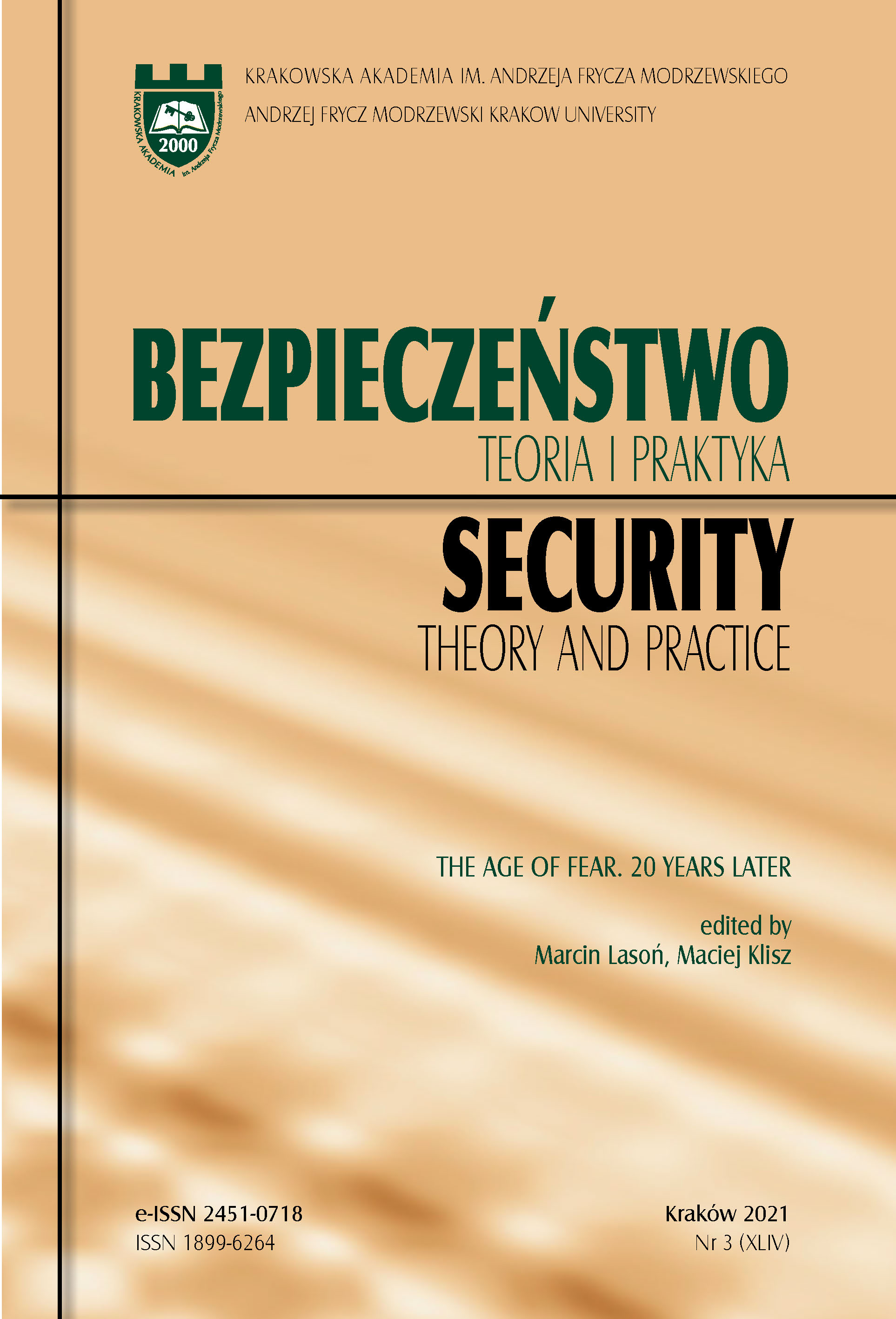The Fragmented Middle East: Persistent Insecurity, Rising Instability
The Fragmented Middle East: Persistent Insecurity, Rising Instability
Author(s): Alex IssaSubject(s): Politics / Political Sciences, Security and defense, Military policy, Peace and Conflict Studies
Published by: Oficyna Wydawnicza AFM Uniwersytetu Andrzeja Frycza Modrzewskiego w Krakowie
Keywords: Middle East; Terrorism; Non-State Actors; Proxy Wars; Rivalries; Instability; Refugees; Human Security;
Summary/Abstract: After the 9/11 attacks, the Middle East became the centre of the American military interventions. After Afghanistan in 2001, the US decided to invade Iraq and depose Saddam Hussein in order to bring democracy to the country. In 2021, Iraq is still suffering from a number of problems – social, economic, but also political and security-related – as foreign interference and terrorist attacks have become inherent to the Iraqi daily life. In the Arab spring context, Syria and Egypt saw massive demonstrations, leading firstly to civil and proxy wars and to the proliferation of terrorist groups; and secondly, to the re-establishment of a dictatorship facing many security challenges. The Lebanese case is more complex. The fragility of the state and the predominance of sectarianism and the states within a state phenomenon, to which we can add two major refugee issues with the Palestinians and the Syrians, as well as an aggressive neighbour in the South and constant foreign interference, make the national security concept debatable among the population and political leaders, preventing a concrete national security strategy from being established. With the current economic crisis, a new dimension of national security is added to the state which is already struggling to ensure its duties towards its population. Through these case studies, this article aims to present how each of these countries perceives its national security and the problems it is facing in order to suggest some recommendations for long-term sustainable responses to some of these challenges.
Journal: Bezpieczeństwo. Teoria i Praktyka
- Issue Year: XLIV/2021
- Issue No: 3
- Page Range: 169-178
- Page Count: 10
- Language: English

